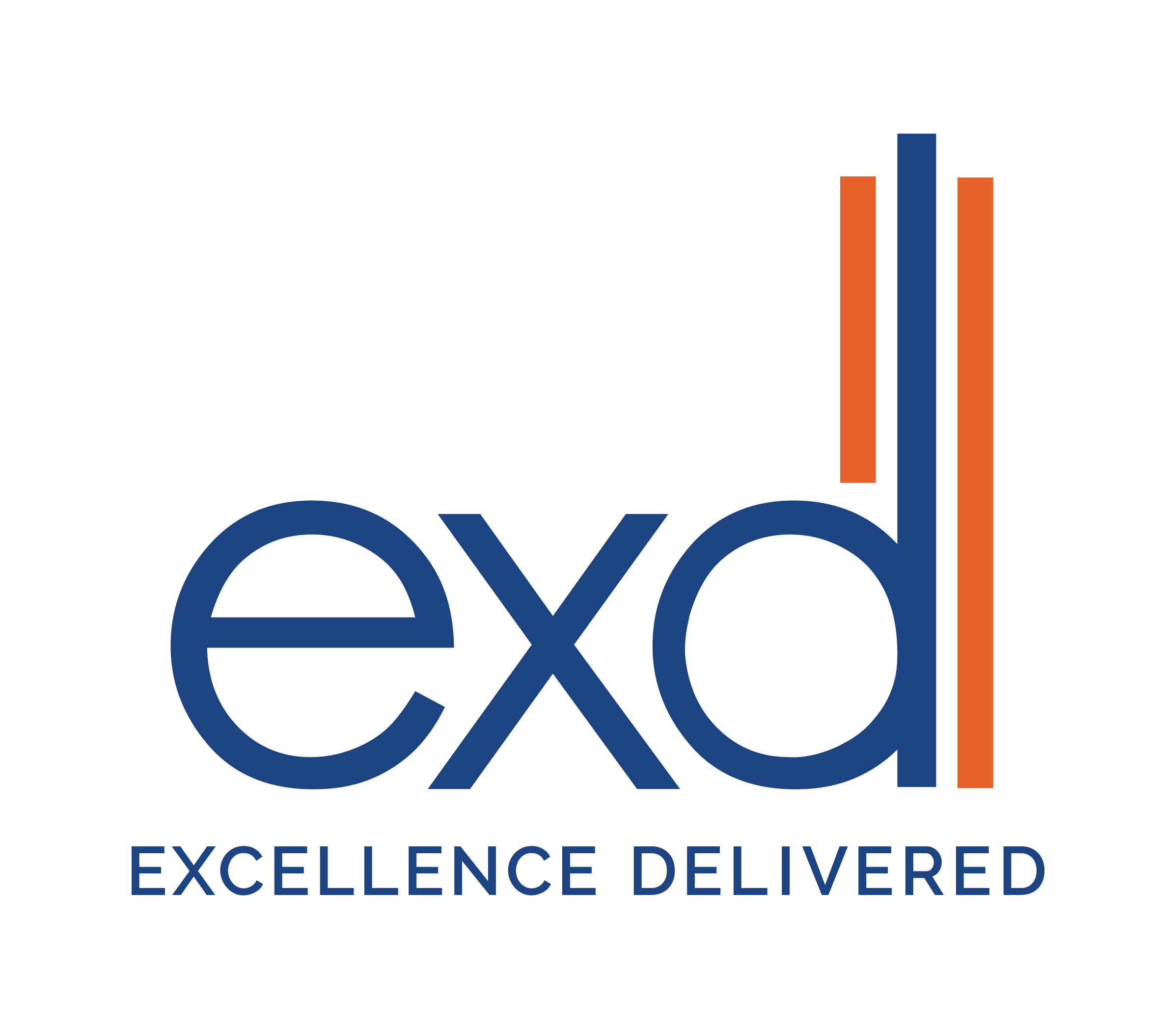ExD is proud to have enabled many companies in the Engineering and Construction industry to improve operational efficiency. The unique business dynamics of the Engineering industry can be aptly covered via industry-specific and customized add-ons developed by our teams.
ExD continues to be the driving force behind innovation in the Real Estate industry, helping them streamline processes and improve efficiency through SAP S/4HANA integration. ExD can help achieve excellence across all the facets of real estate management, thereby enhancing the customer experience.
We provide data-driven solutions to our customers so they can outshine their competition through ERP Implementation (SAP, Oracle, CRM, Project Management, and E-Commerce systems).

